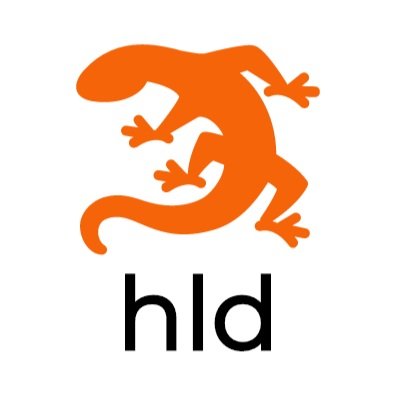Is the writing on the wall for Facebook?
The social and political landscape has changed rapidly for Facebook over the past couple of weeks. The Black Lives Matter movement has seen large institutions and companies worldwide take a public stance against systemic racism and implement new policies for greater equality for minorities.
However, despite the increased calls for Facebook to take a stand against hate speech and accounts flagged for spreading racism and false information, CEO Mark Zuckerburg initially made it clear that Facebook would err on the side of free expression, ‘even when it’s speech we strongly and viscerally disagree with’.
Although Facebook makes about 98% of its US$70bn in annual revenue from advertising (The Guardian, 2020), most of that revenue is spread across millions of small and medium-sized businesses. The initial lukewarm response from Facebook could be attributed to the fact that previous backlashes have not resulted in a drop of users or share prices.
But these are different times.
Major brands are announcing a boycott of advertising on Facebook, concerned that their adverts will be displayed next to hate speech content in contrast to their brand positioning. Unilever, Coco-Cola, Mars, Honda, BP Oil, Patagonia, Ford, VW, EDF Energy, Britvic, North Face, Adidas, and more are pulling their advertising for July as part of the ‘Stop Hate for Profit’ campaign, with some companies indicating it may be longer than just one month.
However, once Unilever announced they would not be advertising with Facebook, share prices for Facebook fell by 8%.
Within two hours of that announcement, Zuckerburg confirmed Facebook would be taking greater action to remove posts containing hate speech and false information, although there may still be some way to go to reach the level of action now expected by a global brand.
Too big to fail?
Facebook users continue to grow year on year, from 2.3 billion users in 2018 to 2.69 billion in 2020 (Statista, 2020).
Remember Friends Reunited? Launched in 2000, it closed in 2016 despite having 23.8 million users.
How about Vine? A pre-cursor to TikTok with users sharing 6-7 second video clips. Launched 2013, closed 2017, with over 200 million active users (DMR, 2017).
Facebook may be able to weather a short-term storm with a reduction in profits for a month or so, but what if the situation continues with share prices dropping further?
Facebook will need to look for other revenue streams to maintain profitability. It cannot charge users to access Facebook, as the original ‘social contract’ was free access in exchange for personal data that later translated into attractive advertising revenue streams. Any attempts to make Facebook a paid service after so long may see many users leave the platform.
Another possibility is Facebook being overtaken by another social media platform. Previous attempts to safeguard its position resulted in the purchase of WhatsApp and Instagram for huge sums, but these resources may no longer be available if revenue streams have run dry.
What about small businesses?
Facebook has over 50 million small businesses using a Facebook Page to connect with customers (Facebook, 2018). More and more small businesses are signing up to reach potential customers, and with the speed and ease to set up a free business page, more small businesses have a Facebook page than a professional website.
But remember, despite Facebook promoting itself as the friendly, helpful face of the internet, its algorithms continually change to improve profitability margins, not to improve their users’ online experience, e.g. reducing the organic reach of posts to encourage more businesses to pay to ‘boost’ posts to reach their audience.
Small businesses have spent time and money to increase Followers and Likes for their pages with content, competitions, and advertising. What happens if Facebook decides to implement a paywall or simply decides to shut down? Those businesses that solely relied on Facebook to trade have lost access to their customer base.
Business advice is to spread the risk, and avoid ‘putting all your eggs in one basket’. Now is a good time to take charge and start looking at ways to minimise those risks and have a professional website with newsletter sign ups, allowing businesses to keep in contact with customers who want to hear from them. Email campaigns may be considered boring but, done right, they are still the most effective way to convert to sales.
Facebook may be considered too big to fail, but what if it isn’t?



